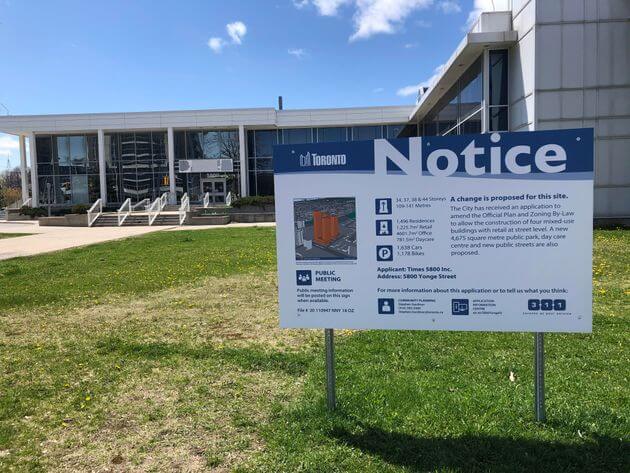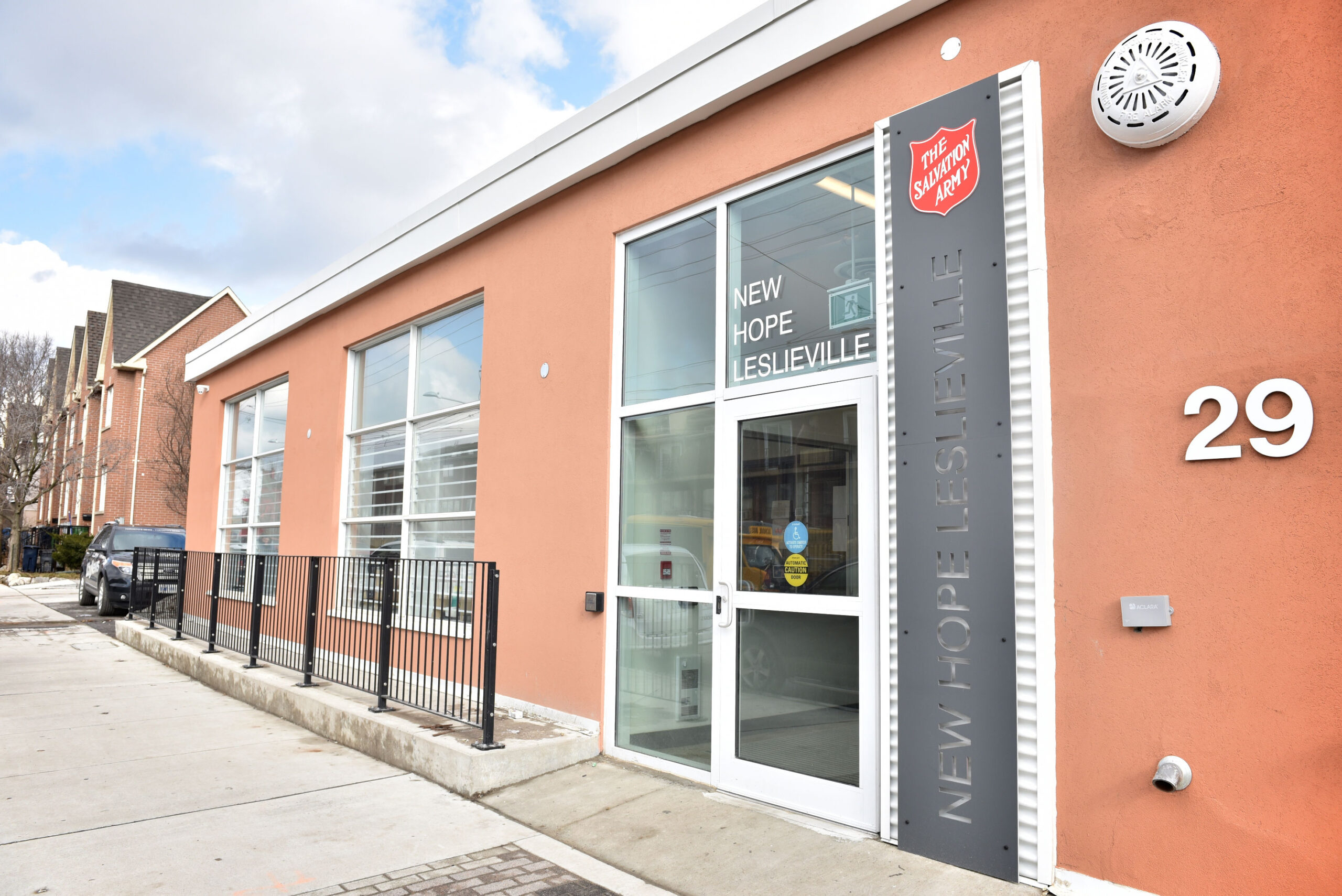Mariam Moussa Agrei was a human rights activist dedicated to improving the lives of women and refugees until she herself was forced to flee. In 2014, she fled Chad to escape a forced marriage and sought asylum in Canada in 2016. Before finding stable housing, she lived in a homeless shelter during the pandemic, a place Agrei says she wouldn’t “wish for her worst enemy.”
While living at the Fred Victor womens’ shelter for nearly a year, Agrei subsisted on $390 a month, enough to pay for a phone and a transit pass and not much else. She became depressed, and says life at the shelter became more stressful and even dangerous when the COVID-19 outbreak began. Agrei felt unsafe.
“I wasn’t able to sleep or eat most of the time,” Agrei admitted. “It’s not a life you’d wish for your worst enemy.”
Agrei said that the shelter’s response to the spread of COVID-19 was poor. Even though precautionary measures were put in place, proper physical distancing was not practiced. Sometimes there were up to ten beds and bunk beds in a room spaced less than half a metre apart from each other.
Although physical distancing policies were in place in the eating areas, the measures were not always enforced.
“Sometimes, when people are sitting, they put the chairs really close to each other. Or [they’d] allow three rooms to be in there. And then we are almost sitting next to each other or walking next to each other to get the food,” Agrei explained.

Willowdale Welcome Centre, a refugee shelter in Toronto, was the worst hit among homeless shelters in the city, with more than 200 cases of COVID-19 among its clients, as of early July. Photo Credit: Marcus Medford.
Lawsuit forces action

New home, but uncertainty remains
Agrei was able to move out of the shelter and into an apartment in April, but she’s still traumatized by the ten months she stayed at Fred Victor’s.
“I’m still not over the fact that I was in the shelter. I still have dreams or wake up in the morning thinking I’m still in the shelter with the COVID,” said Agrei.
She worries pandemic measures are preventing women in shelters from accessing valuable information. Agrei says having access to a therapist helped her cope, and it was through conversations with shelter staff that led Agrei to access a program that gave her more stability in her life.
Agrei was at Fred Victor’s for 10 months before qualifying for the Toronto Transitional Housing Allowance Program. Her new roommate is a Kenyan refugee she met at the shelter. Agrei likened herself to a child who was given a prize they were promised a long time ago.
“I’m grateful for just having a roof over my head and a hot shower.” But Agrei still faces an uncertain future. Her work permit has expired and she’s facing a removal order which could lead to deportation. Still, Agrei remains optimistic, encouraged by the growing number of people speaking out about social issues in light of anti-Black racism protests that have spread across the globe.
This story was also featured by the Huffington Post: Refugee Shares Story Of Living Through Pandemic In Homeless Shelter
Marcus is a poet, editor and freelance journalist based in Toronto. He currently works with New Canadian Media as an Editor and as a Freelance Writer for ByBlacks.com, The Edge: A Leader's Magazine and The Soapbox Press.




